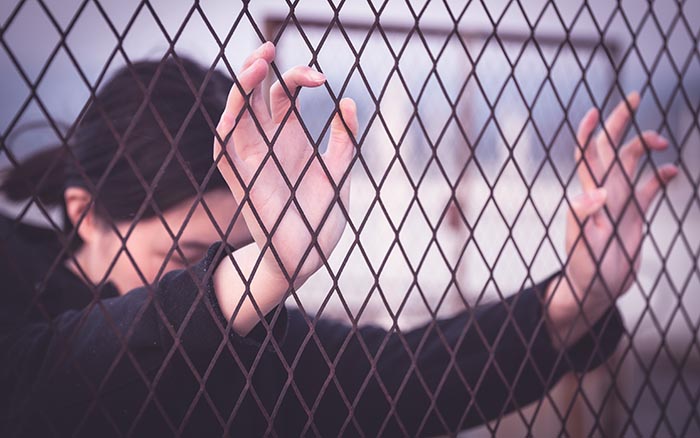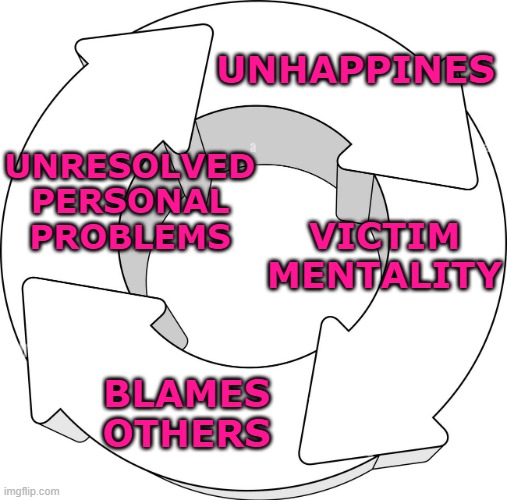From the book and movie "Sybil" about a woman with multiple personalities. Into the Night = gfm7175 = IBDaMann = Uncensored2008. Instead of calling him by all those name changes, I simply call him Sybil. This upsets him and, like a child, he now calls everyone Sybil in order to throw off the fact he's schizophrenic.
The story of Sybil — a young woman who had been abused by her mother as a child and, as a result, had a mental breakdown and created multiple personalities — caused a sensation. Sybil was a bestselling book in the 1970s and was adapted as a 1976 television mini-series and a feature-length docudrama in 2007. Author Flora Schreiber and Sybil's psychiatrist, Dr. Cornelia Wilbur, became rich and famous as a result. Sybil also profited, but her true identity remained a secret until after all three women were dead.

I thought that whole saga turned out to be a fabrication.
npr.org/2011/10/20/141514464/real-sybil-admits-multiple-personalities-were-fake


